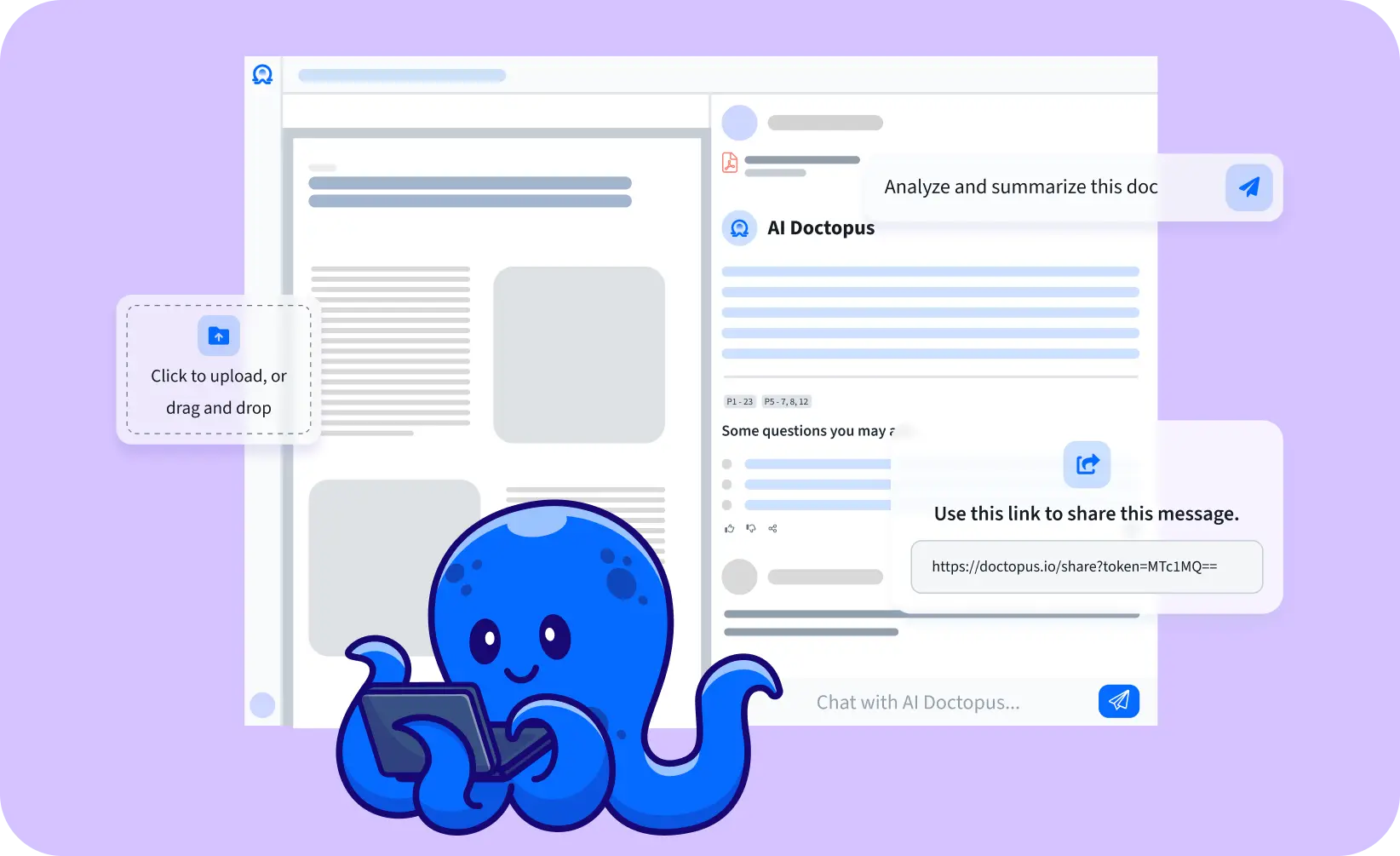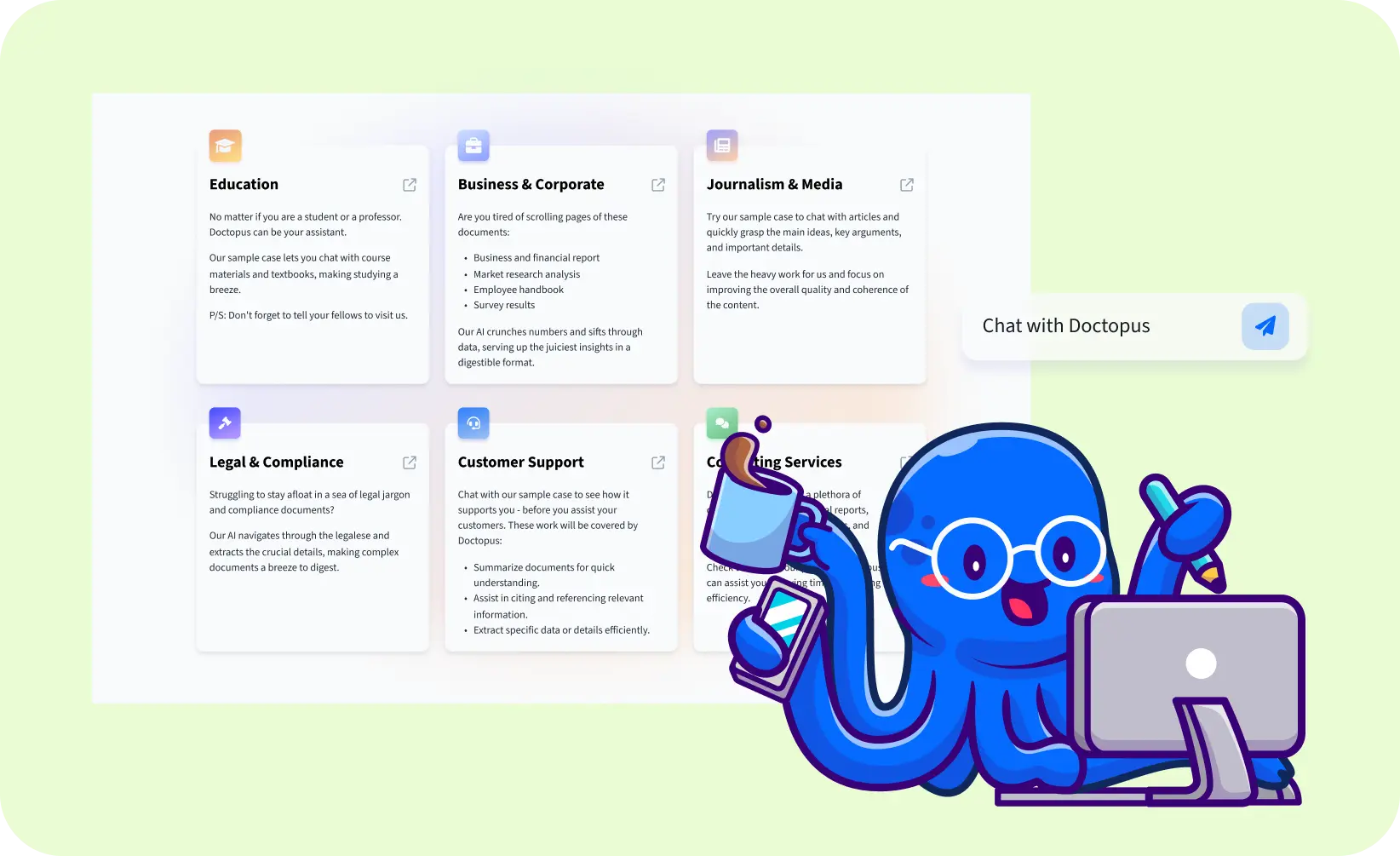In the digital age, staying organized during research can be both a challenge and a necessity. Whether you’re a student, academic, or professional, effective organization is key to producing high-quality work, maintaining your sanity, and boosting your research efficiency.
In this blog post, we’ll explore ten expert tips to help you stay organized throughout your research process, ensuring you can focus on what truly matters – your discoveries and insights.
Choose a Robust Outline Method
An outline serves as the backbone of your research project. It acts as a roadmap, guiding you through the various stages of your work.
Consider using digital tools like OneNote or Trello to create flexible, easily updatable outlines. These platforms allow you to reorganize sections, add notes, and track your progress effortlessly.
Set Clear Goals and Deadlines
Break your research project into manageable chunks and set realistic deadlines for each. This approach helps prevent overwhelming feelings and keeps you accountable.
Use project management tools or a simple calendar to track these milestones and celebrate your progress along the way.
Utilize a Digital Calendar
Incorporate a digital calendar into your research routine. Google Calendar or Microsoft Outlook can help you schedule dedicated research time, set reminders for important deadlines, and balance your research with other commitments.
This visual representation of your time can significantly improve your productivity.
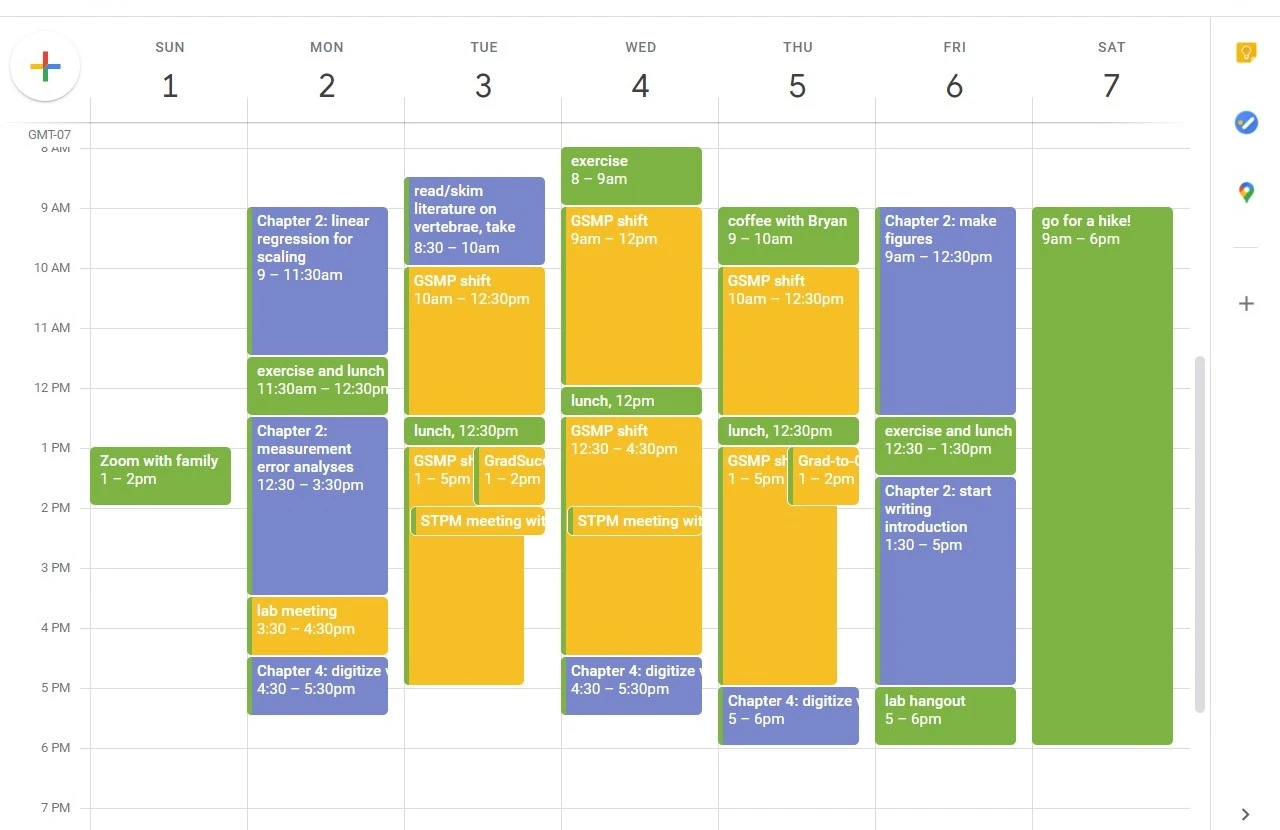
Source: UC Riverside Graduate Student Resource Center
Maintain a Digital Research Notebook
Gone are the days of scattered paper notes.
Embrace digital note-taking tools like Evernote or Notion to keep all your research notes in one place. These platforms allow you to organize notes by project, tag important information, and easily search through your entries.
Or, you have another option to organize your notes and analyze your materials on the same platform using Doctopus, an AI-powered document analysis tool. You can add the insights generated from Doctopus’s answers directly to your personal notebook and freely organize them.
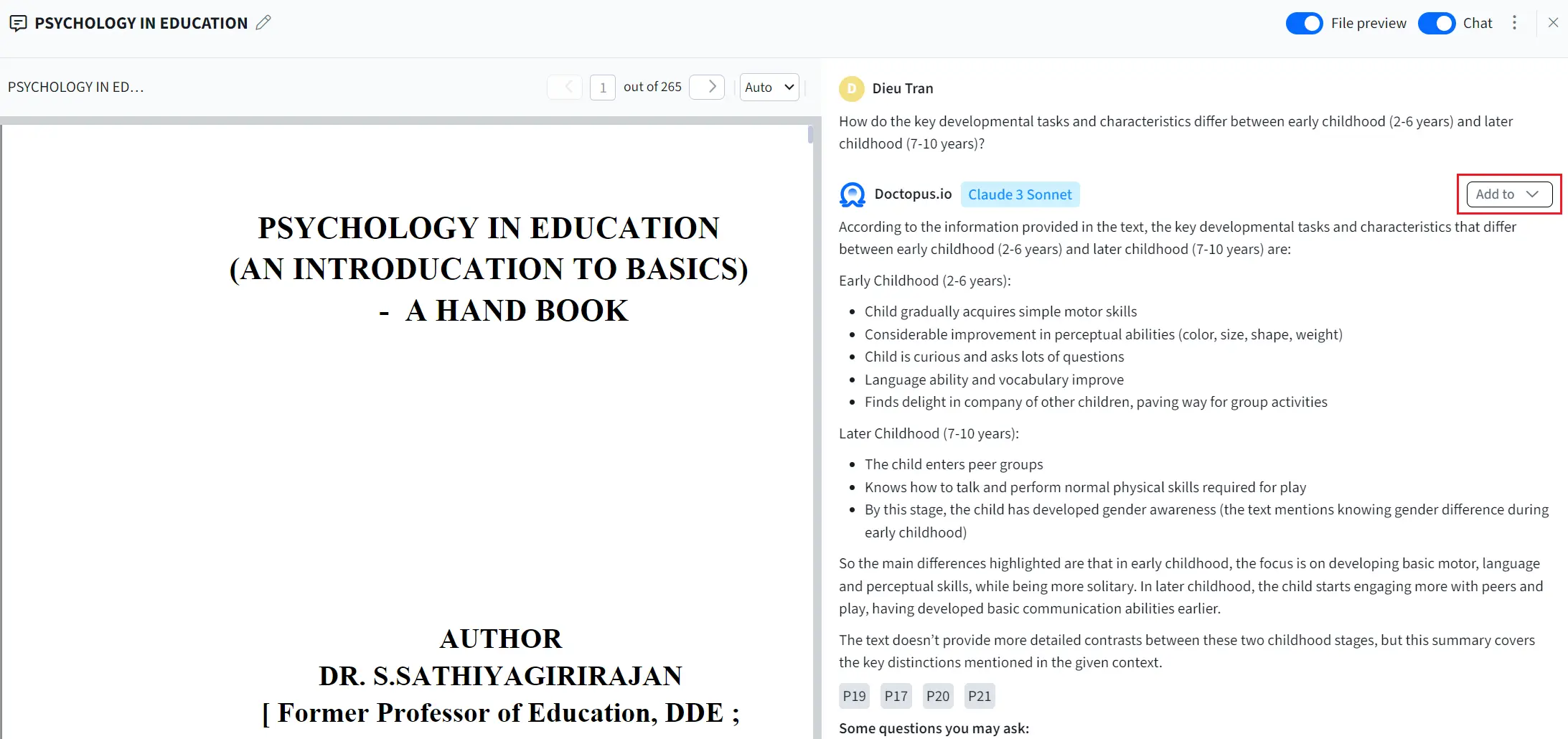
After clicking the Add to button, you can add the answers to new notes or the ones you created. This is where you can combine your findings and take notes for your research.
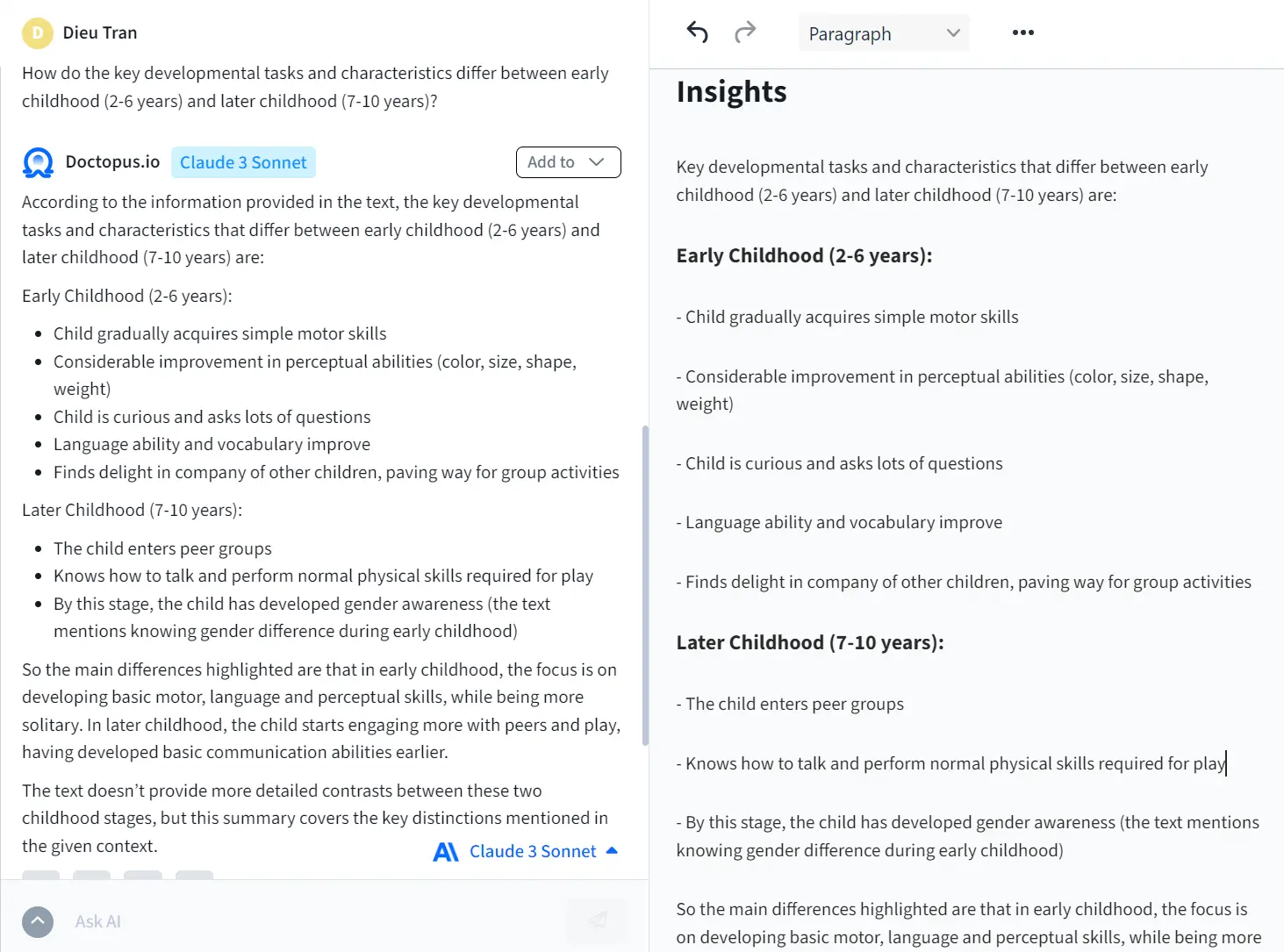
For more details on how to use Doctopus Notes/Text Editor, feel free to check out this guide.
Generate Weekly Progress Reports
Hold yourself accountable by creating weekly progress reports. This practice not only helps you track your achievements but also identifies areas where you might be falling behind.
Share these reports with a mentor or peer for added motivation and feedback.
Implement a Rigorous Proofreading System
As you progress through your research, implement a system for regular proofreading and editing. This could involve using tools like Grammarly for initial checks, followed by peer reviews or professional editing services for more in-depth analysis.
Consistent proofreading ensures your final product is polished and error-free.
Maintain an Up-to-Date Works Cited Page
Start your works cited or bibliography page from day one. Use reference management software like Zotero or Mendeley to automatically generate citations and keep track of your sources.
These tools can save you countless hours and reduce the risk of accidental plagiarism.
Regularly Backup Your Research Documents
Protect your hard work by implementing a robust backup system. Use cloud storage services like Google Drive or Dropbox to automatically sync your research documents.
Consider also keeping a local backup on an external hard drive for added security.
Utilize Literature Mapping Tools
Stay on top of related research by using literature mapping tools. These visual aids help you understand the connections between different studies and identify gaps in current research.
Tools like VOSviewer or CiteSpace can create these maps, providing a bird’s-eye view of your research field.
Organize Your Digital Workspace
A cluttered digital workspace can be just as distracting as a messy physical desk. Use browser extensions like OneTab to manage your open tabs, and consider using a tool like Kahana to organize your research notes, PDFs, and documents in one place.
A clean digital environment promotes focus and efficiency.
Final Thoughts
Staying organized during research is a skill that can significantly impact the quality of your work and your overall productivity. By implementing these ten strategies, you’ll create a structured approach to your research that allows for creativity and discovery while maintaining order and efficiency.
Remember, the key to successful research is not just about gathering information but also about managing it effectively. Start applying these tips today, and watch your research process transform into a more organized, productive, and enjoyable experience.


